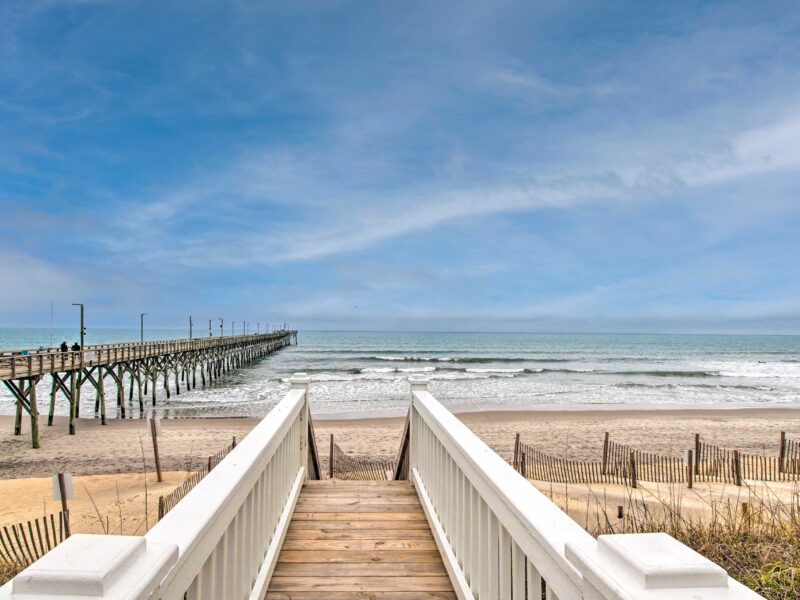Whether you’re planning a summer camping trip, organizing an outdoor event, or simply seeking relief from the heat while enjoying nature, a tent air conditioner can be a game-changer. Gone are the days of sweaty nights and stifling heat under canvas. With advancements in portable cooling technology, it’s now possible to bring climate control into your outdoor adventures.
This comprehensive guide explores everything you need to know about tent air conditioners — from types and features to safety, energy efficiency, and top buying tips.
🔥 What is a Tent Air Conditioner?
A tent air conditioner is a compact, portable unit specifically designed to cool enclosed spaces like camping tents, outdoor shelters, or pop-up canopies. Unlike traditional ACs, these units are built with portability, noise reduction, and energy efficiency in mind. Some are battery-powered, while others run on generators or plug into car outlets.
🏕️ Why You Need a Tent Air Conditioner
- Temperature Control: Keeps tent interiors comfortable, especially in hot climates.
- Improved Sleep Quality: Reduces humidity and heat for a more restful night.
- Bug & Allergen Protection: Many models come with filters that trap dust, pollen, and insects.
- Multi-Use Flexibility: Some units can also dehumidify or purify the air.
🧊 Types of Tent Air Conditioners
| Type | Power Source | Cooling Capacity | Portability | Best For |
|---|---|---|---|---|
| Portable AC Units | Plug-in or Battery | High (6,000–10,000 BTU) | Medium | Large family tents, events |
| Evaporative Coolers | Battery or Solar | Moderate | High | Dry climates, eco-conscious users |
| Window AC Units | Plug-in | High | Low | Stationary tent setups |
| Split Systems | Plug-in/Generator | Very High | Low | Glamping or semi-permanent tents |
| USB Mini Coolers | USB or Power Bank | Low | Very High | Solo campers, small spaces |
⚙️ Key Features to Consider
1. BTU Rating (Cooling Power)
- For a 2–4 person tent, aim for 2,000–5,000 BTU.
- For large tents or gatherings, 6,000+ BTU is ideal.
2. Portability
- Look for units with handles, wheels, and compact dimensions.
- Weight under 20 lbs is preferred for easy transport.
3. Power Source Compatibility
- Battery-powered: Convenient for off-grid.
- Generator-friendly: Great for long stays.
- 12V car plug or AC outlet: Ideal for roadside camping.
4. Noise Levels
- Anything under 50 dB is considered quiet.
- Check product specs for decibel ratings.
5. Energy Efficiency
- Prioritize models with EER (Energy Efficiency Ratio) of 8.5 or higher.
- Some units include eco-modes and timers to conserve power.
6. Durability & Weather Resistance
- Look for IP-rated casings or outdoor-grade plastic housing.
- UV-resistant and shockproof features are ideal.
🔋 Power Options for Tent ACs
| Power Source | Pros | Cons |
|---|---|---|
| Battery Packs | Portable, eco-friendly | Limited runtime |
| Generators | High output, reliable for large units | Heavy, noisy, fuel-dependent |
| Solar Panels | Sustainable, quiet | Requires sunlight, slower charging |
| 12V Car Plug | Convenient while traveling | Not suitable for large cooling units |
❓ Frequently Asked Questions (FAQs)
Q1: Can I use a regular home AC for a tent?
No. Home air conditioners are too powerful, consume high electricity, and lack portability. Tent-specific units are designed for compact spaces, safe ventilation, and efficient power usage.
Q2: How do I vent a tent air conditioner?
- Use tents with built-in AC ports or zippered duct openings.
- For window or split units, create a sealed flap using fabric or foam insulation.
Q3: Are tent ACs safe to use overnight?
Yes, if:
- You ensure proper ventilation.
- The unit is rated for continuous use.
- You use battery-powered or inverter-compatible units with auto shut-off.
Q4: Do tent ACs work in high humidity?
Evaporative coolers are less effective in humid conditions. For muggy environments, opt for compressor-based AC units which dehumidify as they cool.
📦 Top Accessories You May Need
- Extension cords (outdoor rated)
- Insulated tent liner to retain cool air
- Portable battery station or solar generator
- Vent kits or ducting hose
- AC port-enabled tent
✅ How to Optimize Tent Cooling
➤ Use Reflective Tarps or Shades
Place over the tent to block direct sunlight.
➤ Choose the Right Tent
Canvas or blackout tents provide better thermal insulation.
➤ Seal Gaps
Prevent cool air from escaping by sealing zippers and flaps.
➤ Elevate the AC Unit
Raising it off the ground improves airflow and cooling spread.
➤ Pre-Cool the Tent
Start the unit 15–30 minutes before bedtime for maximum comfort.
🛒 Who Should Use Tent Air Conditioners?
- Family campers
- Festival goers
- Event organizers
- Emergency responders
- Overlanding enthusiasts
- Glamping resorts
Whether you’re roughing it or embracing luxurious outdoor living, a tent air conditioner enhances safety and comfort, especially in extreme climates.
🧠 Expert Insights and Safety Tips
- Always follow manufacturer instructions for setup and use.
- Avoid placing AC units on uneven terrain to prevent tipping.
- Use weatherproof covers if rain or dust is expected.
- Keep water reservoirs (in evaporative models) clean to prevent bacteria buildup.
- Vent hot air properly using ducts or designated flaps.
📊 Tent Air Conditioner Comparison Table
| Model Type | Average Cost | Weight | Cooling Area | Power Needs | Ideal Use Case |
|---|---|---|---|---|---|
| Portable AC | $250–$500 | 20–35 lbs | Up to 200 sq ft | AC/Gas Generator | Group camping, glamping |
| USB Mini Cooler | $30–$80 | 2–4 lbs | Up to 50 sq ft | USB/Power Bank | Personal use |
| Window AC | $150–$400 | 40–60 lbs | 150–300 sq ft | AC Plug | Long stays, RV camping |
| Evaporative Cooler | $80–$200 | 10–15 lbs | Up to 100 sq ft | Battery/Solar | Dry regions, day tents |
🔍 Tent Air Conditioner Buying Checklist
Before purchasing, ensure your AC meets the following:
- Fits your tent size and shape
- Compatible with your power supply
- Operates within acceptable noise levels
- Comes with adjustable fan speeds
- Has easy maintenance (removable filters, accessible drains)
- Includes warranty and support
If you’re planning to camp in the heat or need a cooling solution for temporary outdoor shelters, a tent air conditioner is more than just a luxury—it’s a necessity for comfort, health, and peace of mind.


